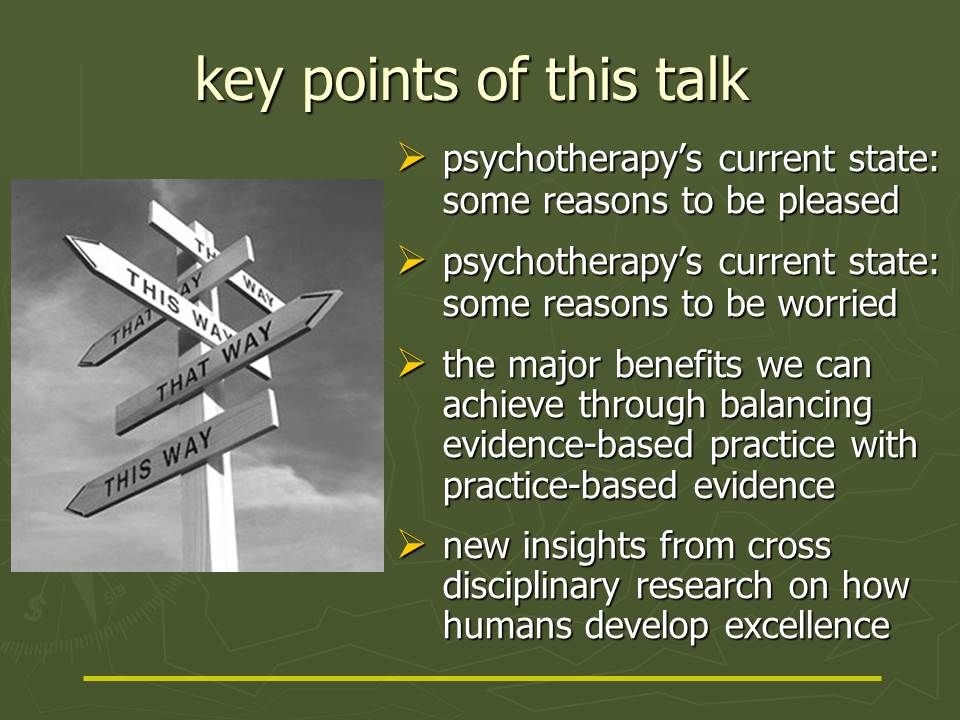Melbourne lecture: "How can we help our clients more effectively?" - the current worrying situation
Last updated on 28th August 2014
(the full 48 slide Powerpoint lecture can be downloaded by clicking here)
I gave a lecture in Melbourne today entitled "How can we help our clients more effectively?" An initial slide highlighted the main points I covered:

